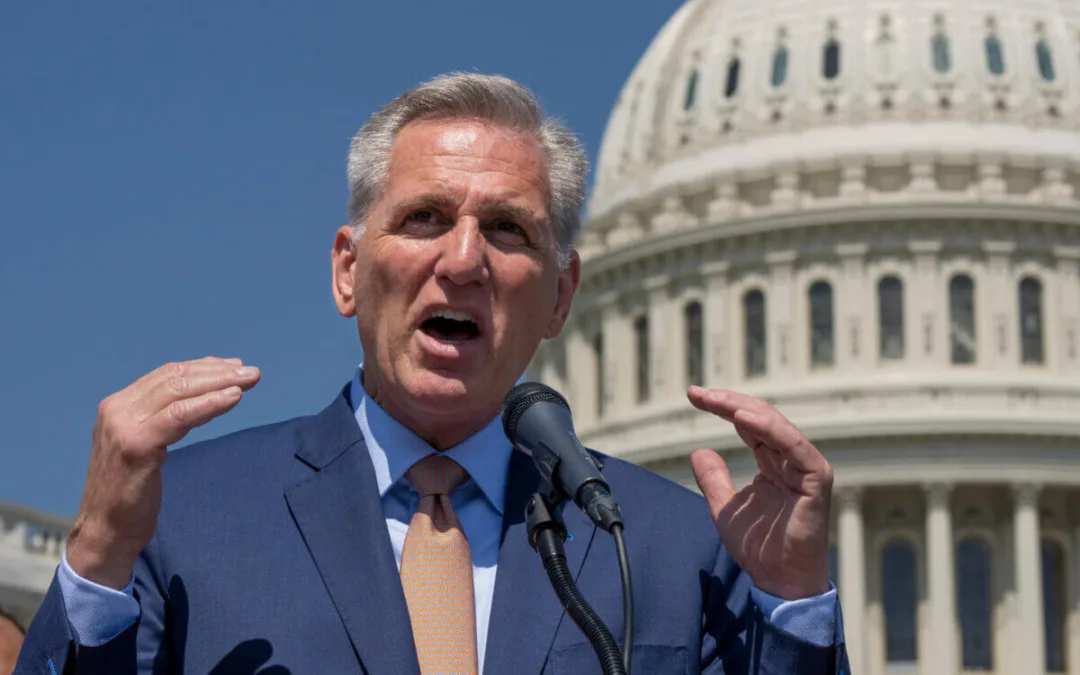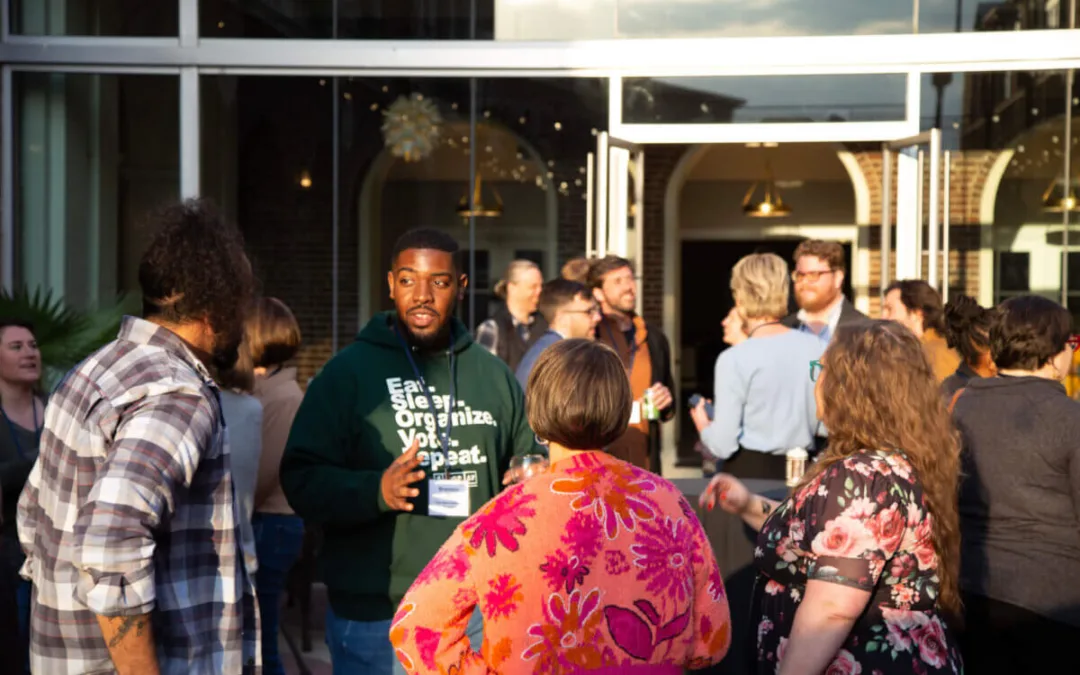
Image courtesy of Chispa Florida
Marta Orbe and Bethzaida Vázquez are among the thousands of residents that could be evicted or lose utility services if moratoriums are not extended in Florida.
Many families in Florida are living with the threat of being left without utilities in the midst of Christmas.
According to data provided by the Florida Public Service Commission, in October, 100,000 families in the state had their utilities disconnected.
The pandemic has created a difficult economic situation for thousands of people, who have either lost their jobs or are working fewer hours. On top of that, the state unemployment system has not been effective in fulfilling many claims.
RELATED: Jobless Claims Are Up Again in Florida
Thousands of people face eviction as Florida Gov. Ron DeSantis allowed the state’s moratorium to expire Sept. 30.
Among the people struggling are two Puerto Rican women with complicated situations that have not allowed them to pay rent and utilities during the past months.
Marta Orbe, who lives in Gainesville, has accumulated $4,000 in debt toward her apartment rent. Since September, the electricity has been cut three times.
In addition to paying a minimum amount, she would have to pay about $100 to have the service reinstated.
“Now I owe about $161 because my mom helped me with what she could,” Orbe told The Americano. “I have chronic asthma, so I have to be able to plug in my therapy machine.”
Orbe’s life changed completely in September 2017, when she boarded a plane with seven friends and her former partner for a vacation visiting theme parks in Orlando.
What she did not know was that it was a one-way trip. While on vacation in Orlando, Hurricane María destroyed Puerto Rico.
“My mother told me not to come back because it was even difficult to get food,” Orbe said. “Everyone else went back except me.”
The 31-year-old spent time in hotels with her then-boyfriend, who eventually decided to return to the island. Later, she stayed with friends in Orlando.
After having been helped by friends and sharing apartments with roommates, Orbe was finally able to rent an apartment for herself last July.
“Everything was finally going well,” she said. “I had a new apartment, a new car, and although the pandemic had started, I had my jobs.”
In order to become self-sufficient, Orbe worked three jobs. Her main job was in a department store, where she worked 40 hours a week. After finishing her shift, she would work in a restaurant. On days off, she cleaned houses and washed cars.
Since September, the department store began to do more rigorous testing for COVID. Employees with symptoms of illness—even not related to COVID—could not work for 10 days. Her income lowered considerably because she was not able to work for weeks.
“With the little that I earned, I had to decide whether to pay a bill or buy food or fill up on gas,” Orbe said. “I go from my house to work and that’s it.”
Bethzaida Vázquez, who has lived in Florida for 20 years, is also struggling to pay rent and utilities.
She resides with her son who is going to college. She pays her $400 rent with part of her Social Security check, which amounts to $733.
“Before, I would make ends meet on my own by cleaning houses and sewing,” Vázquez told The Americano. “My sewing machine was old and broke down—now I can’t even earn a little extra money.”
Vázquez and her son are feeding themselves on $127 worth of food stamps a month.
A hairstylist by profession, she suffers from several medical conditions and admits that the most difficult part is feeling like she has no support.
Vázquez and Orbe make it clear they are not asking for money. Both women have made an effort to support themselves.
“I have worked all my life, and now I’m going through some situations,” Vázquez said. “I am sick, I cannot do much. I’m not asking to be given things for free.”
RELATED: SNAP Applications Are Spiking. Advocates Say Congress Needs to Expand the Program Now.
The Connected in Crisis Coalition, an initiative of community-based organizations, has sent a letter to the chairpersons of the House and Senate Budget Committees, urging them to address the COVID-19 utility crisis in Florida. In the letter, the coalition asked Florida utility companies to delay the disconnection of services until June 1, 2021, and waive fines and fees. They are also requesting financial assistance for affected families.
Politics

Teamsters and UPS Reach Tentative Deal to Avoid Strike, 340,000 Workers to Get Raises
The tentative deal represents a huge win for full- and part-time UPS Teamster workers, who would get significant pay raises and better working...



One Republican Senator Is Blocking 265 Military Promotions, Leaving the Marines Without a Confirmed Leader
Sen. Tommy Tuberville's decision means these military officers are not getting the pay raises they’re owed, cannot move their families to wherever...
Local News



Teamsters and UPS Reach Tentative Deal to Avoid Strike, 340,000 Workers to Get Raises
The tentative deal represents a huge win for full- and part-time UPS Teamster workers, who would get significant pay raises and better working...



One Republican Senator Is Blocking 265 Military Promotions, Leaving the Marines Without a Confirmed Leader
Sen. Tommy Tuberville's decision means these military officers are not getting the pay raises they’re owed, cannot move their families to wherever...




